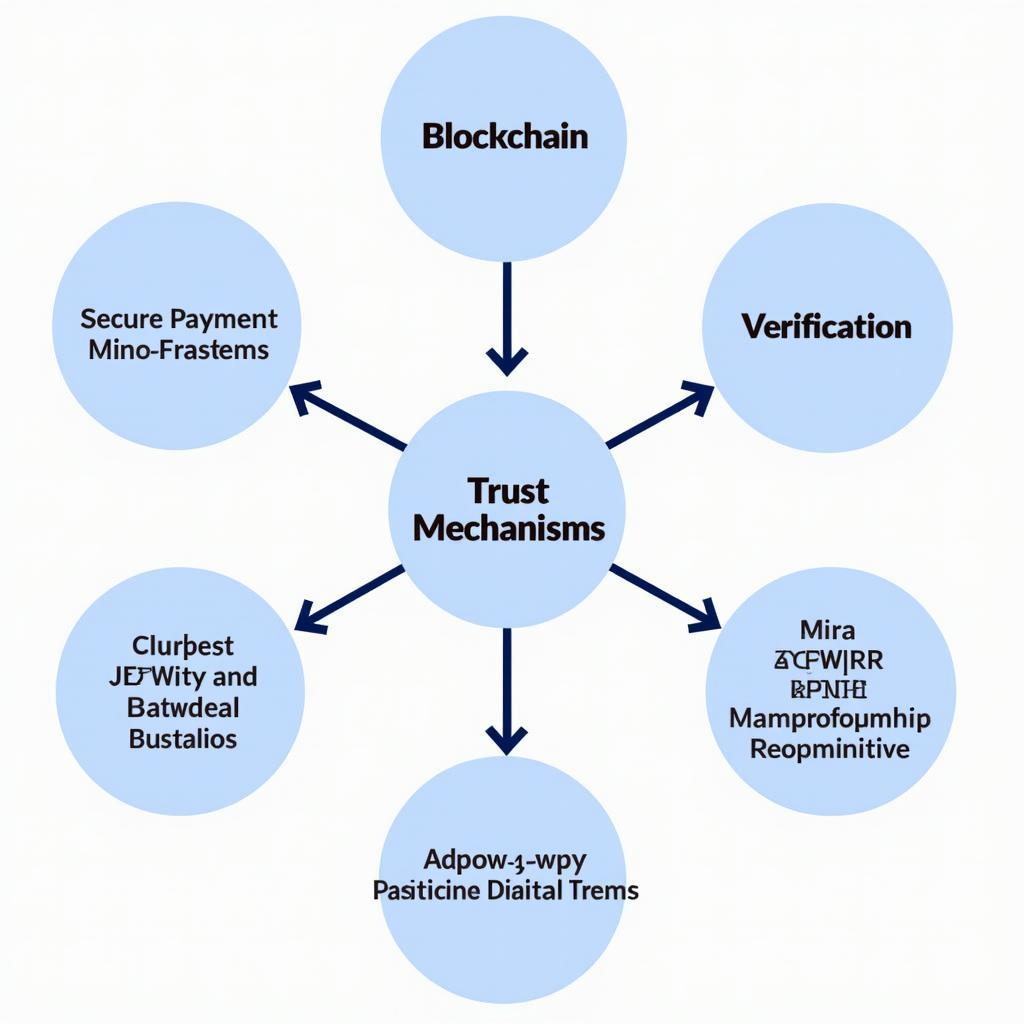The topic of technology’s influence on public trust has become increasingly prevalent in IELTS Writing Task 2 examinations. Based on analysis of past papers and current trends, this theme appears frequently in various forms, particularly relating to social media, digital privacy, and technological governance. Let’s examine some authentic examples and provide model responses across different band scores.
Table Of Contents
Should technology companies be more regulated has become a crucial consideration as we analyze this topic’s significance in IELTS writing assessments.
Task Analysis
Some people believe that modern technology has decreased the level of trust between people in society. To what extent do you agree or disagree with this statement?
This question requires candidates to:
- Take a clear position on technology’s impact on societal trust
- Provide specific examples and evidence
- Develop coherent arguments
- Consider various aspects of modern technology
Model Essay 1 (Band 8-9)
In recent decades, technological advancement has fundamentally transformed how people interact and build relationships, leading many to question its effect on social trust. While some argue that modern technology has eroded trust between individuals, I partially agree with this view as the impact varies significantly depending on how technology is utilized.
The negative impact of technology on trust is evident in several ways. Social media platforms, despite their promise of connection, often create environments where misinformation spreads rapidly and unchecked. For instance, the proliferation of deep fake videos and manipulated content has made people increasingly skeptical of online information, extending this mistrust to real-world interactions. Furthermore, the anonymity provided by digital platforms has enabled cyberbullying and online fraud, making individuals more cautious and less willing to trust others, both online and offline.
However, technology has also enhanced trust-building mechanisms in various contexts. The impact of digital technology on voting systems demonstrates how technological innovation can strengthen institutional trust. Digital platforms have created transparent review systems for businesses and services, helping people make informed decisions based on collective experiences. Additionally, blockchain technology has introduced unprecedented levels of transparency in financial transactions and contract execution, fostering trust in digital commerce.
The impact of smart cities on residents’ quality of life shows how technology can build community trust through improved public services and transparency.
In conclusion, while technology has introduced new challenges to trust-building in society, its impact is not uniformly negative. The key lies in how we implement and regulate these technologies to enhance rather than diminish social trust.

Model Essay 2 (Band 6-7)
Modern technology has changed how people trust each other in society. In my opinion, I agree that technology has reduced trust between people in many ways, but not completely.
Firstly, technology has made it harder to trust others online. Many people create fake profiles on social media and try to scam others. Also, we often see fake news spreading quickly on the internet, which makes people doubt what they read. For example, during the pandemic, lots of false information about treatments made people unsure about what to believe.
However, technology also helps build trust in some ways. Online shopping websites have rating systems that help customers trust sellers. Also, we can easily check if someone is reliable through their social media profiles and professional networks. Some apps even let us track delivery people and taxis, making services more trustworthy.
The importance of police reform for public trust shows how technology like body cameras can actually increase transparency and trust in institutions.
In conclusion, while technology has created some trust issues, it also provides tools for building trust. The overall impact depends on how we use technology in our daily lives.
Scoring Analysis
Band 8-9 Essay Features:
- Sophisticated vocabulary (proliferation, unprecedented, institutional)
- Complex sentence structures
- Clear organization and coherent arguments
- Specific examples and evidence
- Balanced perspective with nuanced analysis
Band 6-7 Essay Features:
- Good but simpler vocabulary
- Mix of simple and complex sentences
- Clear structure but less sophisticated development
- Basic examples
- Straightforward arguments
Key Vocabulary
- proliferation (n) /prəˌlɪf.əˈreɪ.ʃən/ – rapid spread or increase
- institutional (adj) /ˌɪn.stɪˈtjuː.ʃən.əl/ – relating to large organizations
- transparency (n) /trænsˈpær.ən.si/ – openness and clarity
- misinformation (n) /ˌmɪs.ɪn.fəˈmeɪ.ʃən/ – false information
- cyberbullying (n) /ˈsaɪ.bə.bʊl.i.ɪŋ/ – online harassment
In conclusion, this topic remains highly relevant for IELTS candidates. For practice, consider writing about related topics such as:
- Technology’s role in democratic processes
- Social media’s impact on relationships
- Digital privacy and trust
- Artificial intelligence and public confidence
Share your practice essays in the comments section for feedback and improvement suggestions.